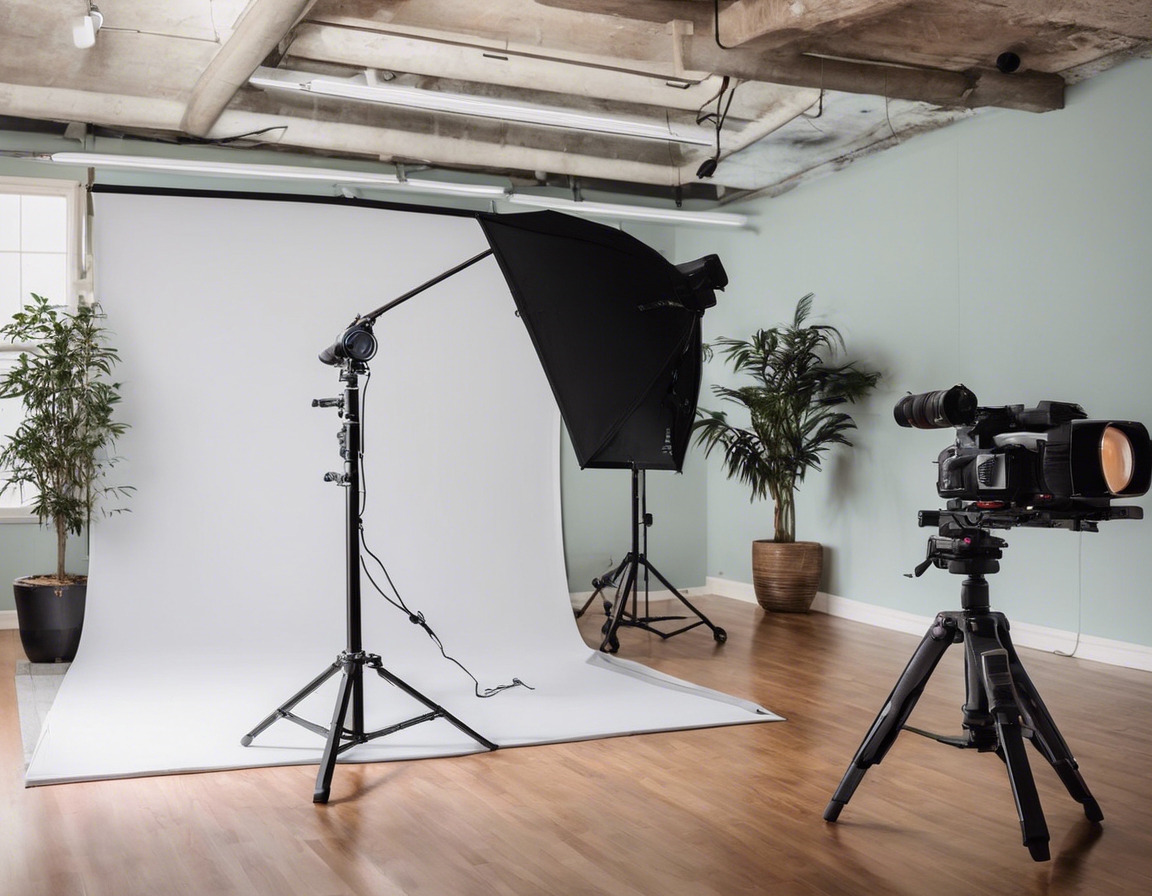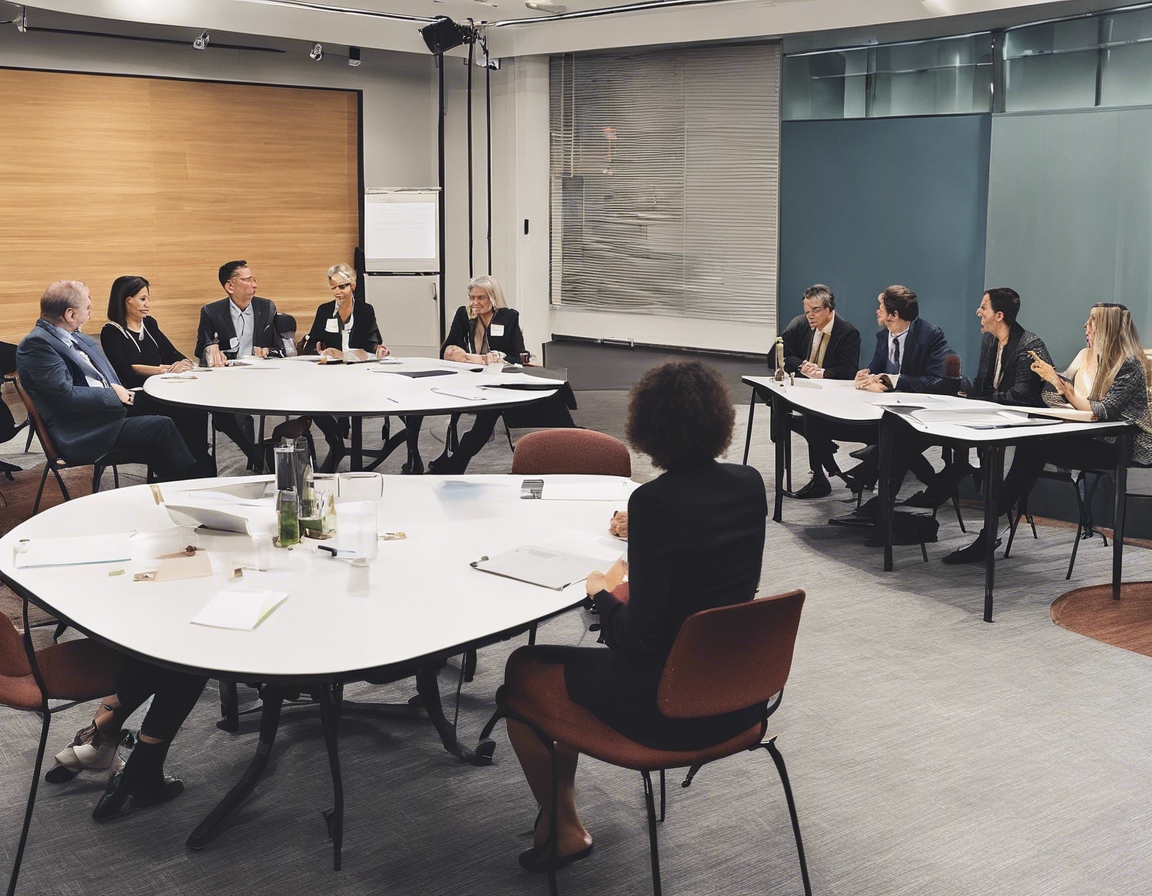The art of persuasion: enhancing your debate skills
Persuasion is an art that involves influencing others to accept a point of view, change a belief, or take action. It is a skill that is invaluable in various aspects of life, from business negotiations to personal relationships. Persuasion is not about manipulation; it's about presenting ideas in a compelling way that resonates with others.
Debate skills are essential for effective persuasion. They enable individuals to present and defend their ideas in a structured and convincing manner. In high-stakes environments, the ability to debate can be the difference between success and failure. For professionals looking to enhance their communication skills, mastering the art of debate is crucial.
Core Principles of Persuasive Debating
One of the most important aspects of persuasive debating is clarity. Your message must be clear and concise to be understood and remembered. Avoid jargon and complex language that might confuse the audience.
Knowing your audience is key to effective persuasion. Tailor your message to their interests, beliefs, and level of understanding. This requires empathy and the ability to see the issue from their perspective.
Well-structured arguments are the backbone of persuasive debating. Each point should be logically connected and provide support for your overall message. Use evidence and examples to strengthen your case.
While logical reasoning is essential, emotional appeal can also be a powerful tool in persuasion. Connecting with the audience on an emotional level can make your argument more compelling. However, it's important to balance emotion with facts and logic.
Advanced Techniques for Persuasive Debating
Storytelling is a potent persuasive tool. A well-told story can illustrate your point in a relatable and memorable way. It can also humanize complex issues and create a stronger connection with your audience.
Rhetorical devices, such as metaphors, similes, and analogies, can enhance your persuasive power. They make your language more vivid and can simplify complex ideas.
Anticipating and addressing counterarguments is a critical skill in debating. It shows that you have considered multiple viewpoints and are prepared to defend your position.
Your non-verbal communication plays a significant role in how your message is received. Effective use of body language and vocal variety can add emphasis and clarity to your arguments.
Practical Tips for Enhancing Debate Skills
Thorough research and preparation are essential for persuasive debating. Understand your topic deeply and be ready with facts and figures to back up your arguments.
Regular practice and seeking constructive feedback can greatly improve your debate skills. Participate in debate clubs or workshops to hone your abilities.
Being adaptable and having a presence of mind during a debate allows you to respond effectively to unexpected questions or arguments.
The art of persuasion is a lifelong journey. Embrace continuous learning and seek opportunities to improve your skills.





Comments (0)